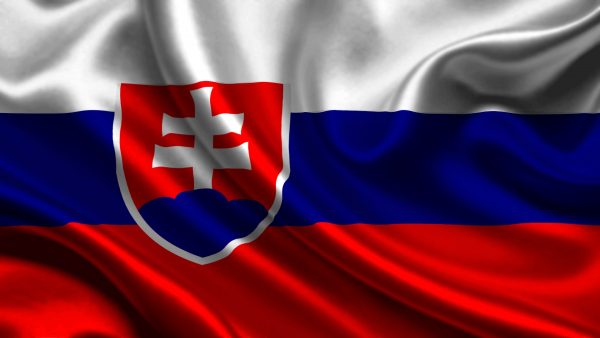Many books and articles have been written about the Great War and the collapse of the Hapsburg Empire, the end of the old monarchies and alliances in Europe, but this book is different. This book is written in an “upstairs-downstairs” style, according to the author, by telling the story of the events surrounding the Great War from the view of Emperor Franz Joseph I in the odd-numbered chapters and the view of peasant Samuel Mozolak, in the even-numbered chapters. The peasant is the grandfather of the author’s wife who was born in 1882 in the village of Krajne in Slovakia. He immigrated to America, started a family, went back to Slovakia and got swept up in a war. The Emperor was Franz Joseph I, Emperor of Austria and King of Hungary, who had held his titles since 1867. The Emperor was quite elderly by the time of the Great War and he was out of touch with the lives of his subjects.
This book goes into some depth on the battles of the Eastern Front during the Great War which is not covered in many historical works. It looks at the Austro-Hungarian Army and the experiences of the common soldier. And the author looks to the films made during the time period of the Great War and up through the present and how these films have influenced the public’s thinking about the causes and experiences of the Great War. The author uses family documents, histories of Slovaks in Hungary, personal accounts of village life and immigrants’ journeys and novels written at the time as a source for what peasant life was like. There are many maps, charts and tables to help the reader visualize the many facts that he has gathered to write this book. These are all listed in the extensive bibliography at the end of this book, which can lead the reader to further study. Professor Janda argues that, although Samuel Mozolak gave the ultimate sacrifice in the Great War, peasants in the area of the former Austria-Hungary gained their own nations as a result of the war, and those peasants who left and immigrated to America, improved their standard of living immensely.
Even before the Great War, economic conditions in Austria-Hungary were poor. Villages did not have electricity, running water, or paved roads and things were even worse in the countryside. Very few peasants owned their own land. Those who did farm their own land and had large families to help farm the land, were not able to divide their land enough for younger sons to inherit much. Also, the Austria-Hungary military required compulsory military service for 3 years. Many young men escaped their homeland before they had to serve in the Army. But one of the main reasons that pushed Slovak peasants to emigrate was the oppression of the Magyars. The Hungarian language was required to be spoken in schools, courts, shops, and official government offices. To get ahead in Slovakia, one had to be fluent in Hungarian, but the peasants spoke Slovak at home and among their countrymen. The names of villages, geographical features, streets, and even people’s names were all Magyarized. Slovak peasants were not the only ones in Austria-Hungary to experience this; all Slavic peasants in the Empire were oppressed by the Magyars. And many other Slavic nationalities emigrated to America for the same reason.
Professor Janda, Professor Emeritus at Northwestern University has a political science background that helps him to analyze the complex issues surrounding the Great War and increased emigration from Central and Eastern Europe during this time period. The extensive genealogy research that his brother-in-law conducted to learn the story of Samuel Mozolak’s life provides the peasant view of what it was like to be caught up in the events of this time period in Slovakia. Some of the chapters can be dense with facts that the author presents to back up his points and this tends to slow down the reader, but there is much to be learned about this time and place by reading this book. I found that this book provided me with the social context I needed to understand why my ancestors left Slovakia to go to America. This book deserves a wider audience and it is well worth reading.
Copyright 2021 by Georgene C. Chastain. All rights reserved.


